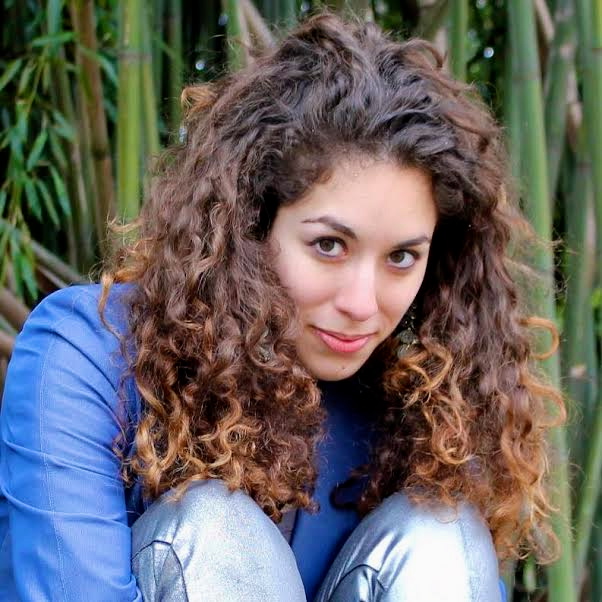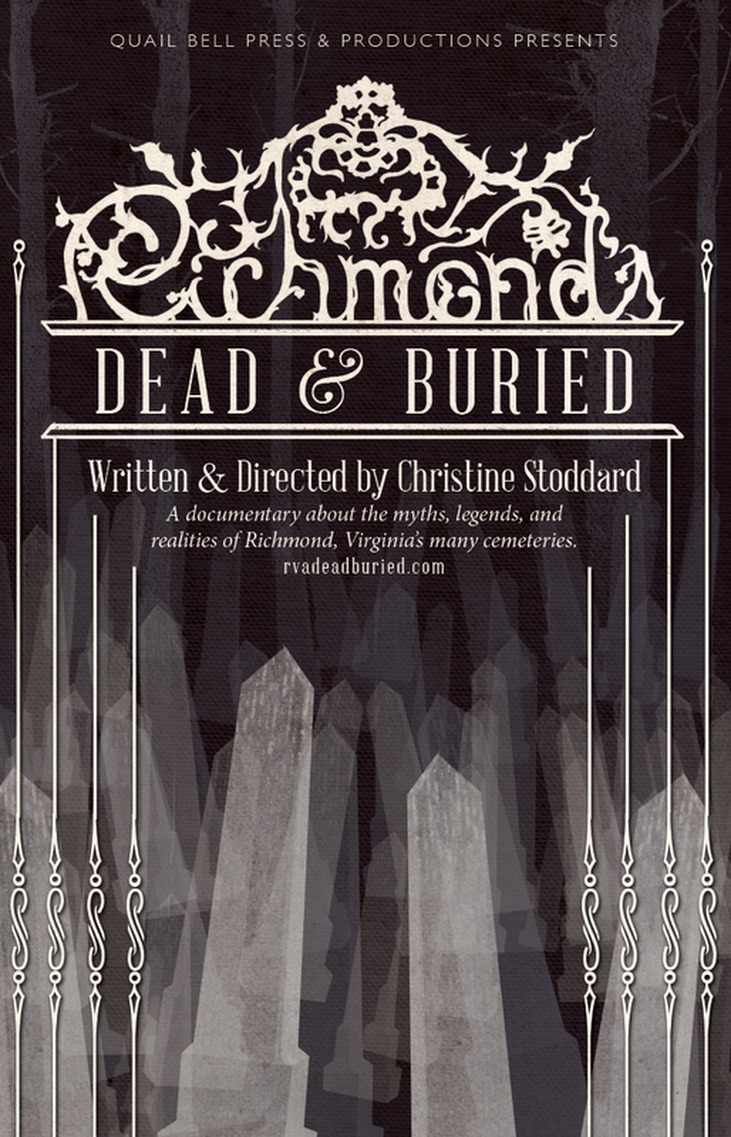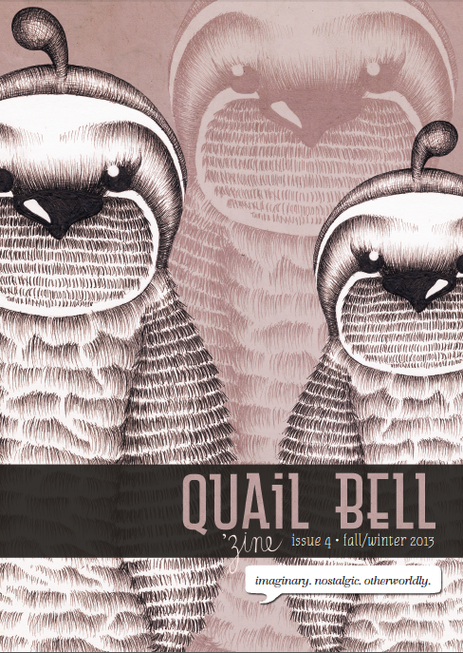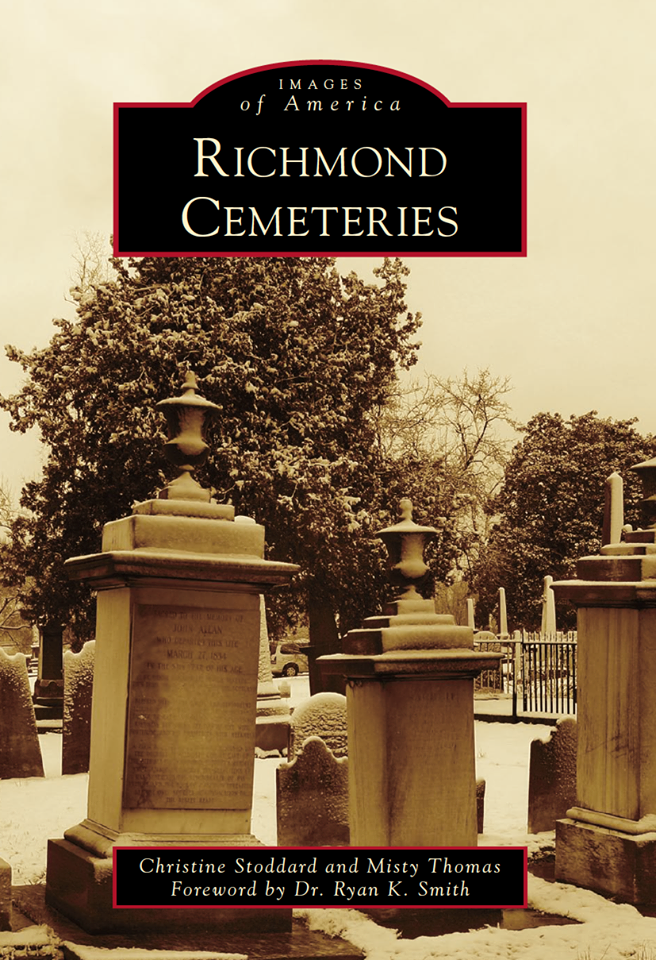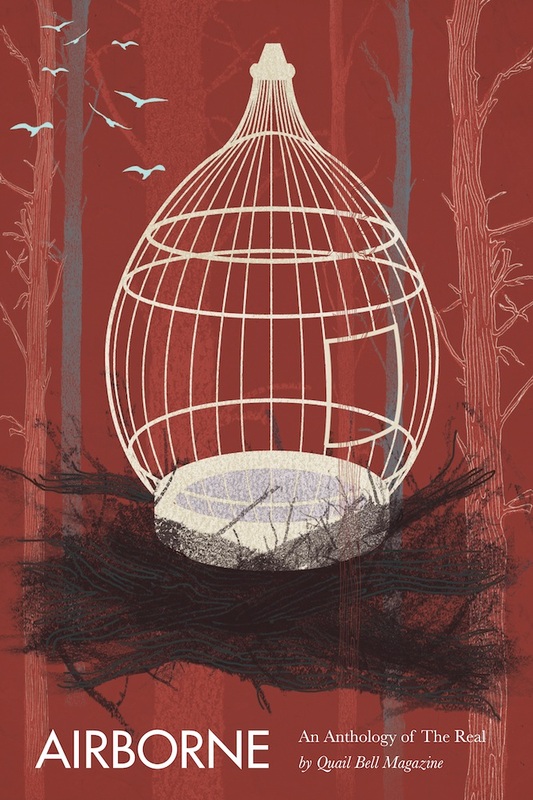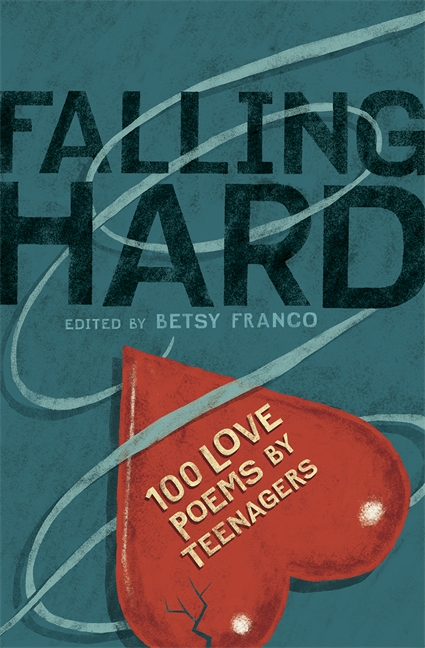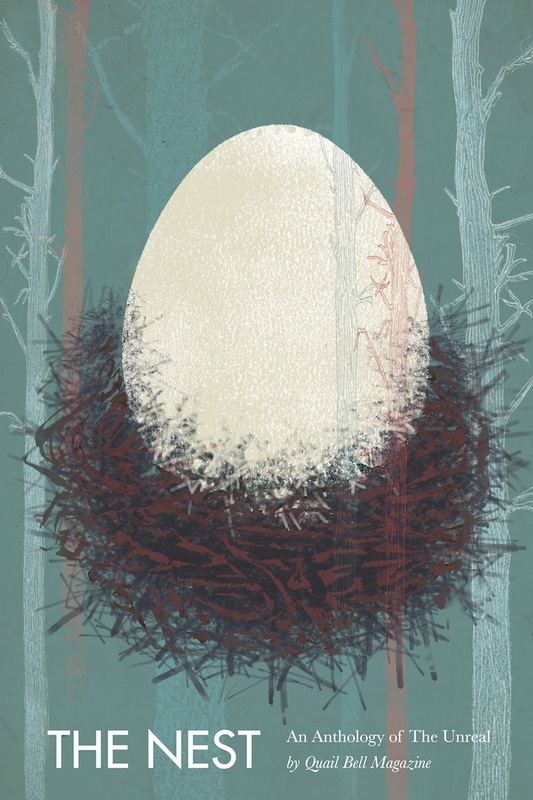Name: Mo Hall
Age: 35
College & Majors/Minors: University of Puget Sound; Major: English w/ emphasis on Writing, Rhetoric & Composition; Minor: Business & Public Administration
Current Location: Long Island, NY
Current Form of Employment: Marketing & Communications Coordinator
Where do you work and what is your current position?
I'm currently a Marketing writer and content coordinator at Michael C. Fina just outside New York City; my team is responsible for content creation and distribution, as well as lead generation.
I've always held Marketing/Communications jobs in the past, but this is the most writing-heavy position I've ever held. Our industry is small and niche, so our work is often picked up by leading publications, which not only serves our Marketing objectives, but is rewarding to see.
In past jobs, I've mostly been responsible for updating and editing marketing collateral, as well as managing their production. It isn't particularly creative, especially when it comes to retirement and annuity products, where my previous background lies. Here, it's been a complete 180 and I'm happy with the contrast.
Tell us about how you found your first job, and how you found your current job (if different).
When I first moved to NYC, I applied to anything and everything related to writing— I had no idea what I was doing. PR firms, ad agencies, you name it. Watching an episode of Mad Men once, I remember hearing one of the names of a rival ad agency and saying, "They called me up once just to berate me for having the nerve to apply for a job there." Granted, I had faxed them my lame excuse for a resume— that's how naive I was. Fortunately after 3-4 months (and I don't exactly remember how), I received a call from who would become my first manager.
I had two meetings— one with my hiring manager and the next with the rest of the team. It wasn't an ordeal by any stretch. No writing tests either. Honestly, I couldn't remember what skills my manager was looking for, because I had no experience! I'd love to see the resume I presented at that time. All I had was the piece of paper that confirmed I'd passed all of my required classes. I had no idea how big of an opportunity I'd been afforded— working in NYC at a Fortune 500 company and industry giant, making more money than I'd ever seen. I thought that people just graduated from college, got jobs and settled in for the next 30+ years.
What was another writing-related job that was important in your career?
Besides my first and current job, the only other MarCom position I held was with another financial services industry. I had the same responsibilities, just more of them and with higher visibility. What I learned most from that job had nothing to do with skill or experience. It was that being a person came before being an employee. I worked with the best Marketing department. Our team's senior management made sure that everyone knew they were doing important work, it was noticed, and appreciated. Even while I was working on a difficult or boring project, knowing that I had management support gave me the motivation to step up and take on the challenge.
What did you do in college to prepare for your post-grad life?
I wish I could answer this question better— I didn't prepare very well for after college. I thought about it constantly and always wondered, "What am I going to do?" I never ACTUALLY answered the question, though (my move to New York was sudden and unexpected). My final semester, I got an internship for a class requirement and juggled my schedule so that I worked two 8-hour days a week. I was on the baseball team in college, and even missed practice on those days for that commitment. That probably gave me a small taste of what life would be like after graduation.
What is your advice for students and graduates with an English degree?
In no particular order...
- Always remember is that an English degree is what I consider transparent. As long as you can write, you can work a number of jobs in a number of industries.
- Read books and articles that inspire you to sharpen your writing and always get better. On the same note, write. Keep a journal. Write an op-ed on a current event news item. Write a mini biography on your favorite musician. Whether you share it or not, it's perfecting a craft— similar to hitting golf balls at the driving range or training for a race.
- Work for/with someone who can't write a lick (it doesn't hurt to boost the ego a little bit); also, work for/with someone you consider brilliant (when it comes to writing, there's always room to learn).
- When providing feedback on others' writing, always provide direct and honest suggestions. Holding back to preserve someone's feelings isn't productive for anyone, but allow room for the other person to completely disregard your notes. It's their writing, not yours.
- This applies to anyone, but the most important factor in an ideal job isn't the best company, the most money, or even doing what you love. While all are important, no aspect matters more than a mentor and leader who appreciates what you do and gives you the motivation to succeed. So when interviewing for jobs, be annoying with tough questions. Find out about company culture and management styles; what makes employees want to stay or leave; are they treated as people or commodities? You'll find that interviewers will be refreshingly honest and admire that line of questioning. If not, it isn't a place you want to work anyway. (Full disclosure: coming from someone who's job has been a casualty of the recession, I understand the difficulties of those with financial hardships, and being selective isn't always an option. So once those opportunities present themselves, take full advantage.)
Connect with Mo on LinkedIn!

